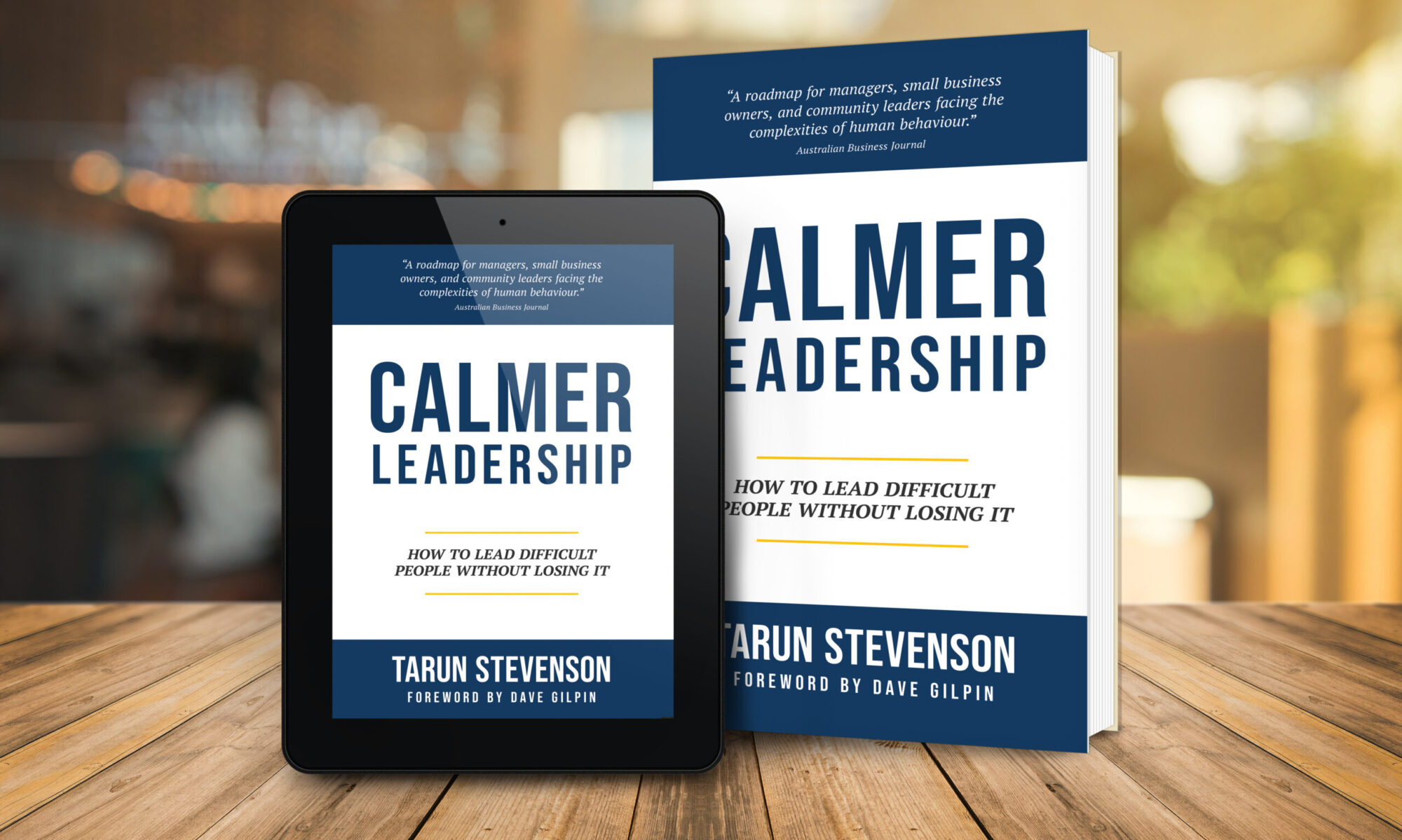Whether you are leading an organization, a team or you’re just trying to lead your family more effectively. The number one key that I believe will help you become a more effective leader is this, you need to learn how to lead yourself.
Prefer to watch the video, Click Below
Today I want to talk to you about the number one key for becoming a more effective leader. Whether you’re leading an organization, a team or you’re just trying to lead your family more effectively. The number one key that I believe will help you become a more effective leader is this, you need to learn how to lead yourself
What do I mean by leading yourself? It means that you need to understand what makes you tick as a leader, what are the pressures on you and what are the ways in which you react as a leader. What are the ways that you respond to situations as a leader and how does that affect the people that you lead. If you don’t have self-awareness or you don’t understand your positives, negatives, weaknesses and strengths and manage them effectively you will never be able to manage those in your team. It is really imperative that you become a leader that leads themselves well. I want to just look at three areas that you can give attention to in order to become a more self-aware leader.
1. Triggers
The first one is that you need to learn how to manage your triggers. So what do I mean by triggers? Every one of us has things that set us off or that make us frustrated or angry. What are the things that frustrate you? Maybe it’s a person in your workplace, the way that people do things in your workplace, the way that a particular team member interacts with you or maybe it’s a personality type. Whatever it is, you all have triggers that affect your ability to lead at your full potential. If you don’t know what those triggers are and if you don’t know what sets you off then other people will start pushing your buttons.
This is especially true if you’re trying to lead difficult people. Often difficult people know how to push your buttons, they already know your weaknesses. They already know what sets you off and they use that to their advantage to control you. The last thing you want is for anybody else to be controlling you in a negative sense. The only way to avoid that is if you learn to control yourself in the areas that you know you struggle with. One of the things that I understand about myself is that if I haven’t slept well and I’m tired then I become grumpy. Now if I notice that I’m grumpy I also know that I will start to become short with my children. I’ll start to become reactive with people that annoy me and that’s not a good thing, that’s not going to help me lead effectively.
So one of the things that I have to do is to have a mechanism if I feel myself getting upset or if I’m feeling myself getting frustrated. Because I’m tired I might need to go and get a coffee, I might need to have some quiet time. I’ve got a little chair in my room at home and if I’m really tired and I feel like the kids are starting to irritate me, rather than taking it out on my kids I’ll retreat to my bedroom and sit in my chair. This helps me to relax, have a coffee, get my head in the right space before I start interacting with them again.
In your workplace, you need to have some kind of routine where you can eject from a situation if you feel that you’re being triggered. If you’re feeling emotionally reactive to a person or a situation you need to have some kind of routine, maybe take a walk around the block or go get some lunch. Maybe you just clear some time in your calendar where you can just be alone and you can just calm yourself down and figure out what’s going on. Whatever it is, don’t let those triggers be controlled by somebody else. Manage your triggers well.
If you manage your triggers well, you’ll be a more effective leader because you’re leading yourself.
2. Emotions
The second thing you need to understand is your emotions and this is kind of connected to your triggers. You need to be able to control your emotions. There is nothing worse than an emotionally reactive leader. There is nothing worse than a leader who hasn’t got the ability to manage themselves emotionally. Now if you are somebody who recognizes that you have a tendency to emotionally react whether it’s getting angry, upset, offended or flying off the handle or maybe taking things personally. That is going to harm your credibility as a leader
There’s an expression in church circles, I do a bit of leadership in church circles and one of the expressions is “Don’t bleed on your sheep”. What that means is don’t let all your emotions out on the people that you lead. You’ve got to be careful that if you’re emotionally reactive that you don’t allow those emotions to get the better of you in the situations where you’re working with your team. They’re looking up to you for cues, they’re looking to you for instruction and they’re looking to you for direction. If all they’re getting is emotional outbursts or emotional reactions it’s going to cause them to lose confidence in your leadership ability and you’re going to find it harder and harder to influence them effectively.
They will see you as an emotionally volatile person, if you become an emotionally volatile person everybody walks on eggshells around you nobody tells you the truth nobody actually speaks to you straight and you don’t need that as a leader. You need your team talking to you straight, telling you the truth and knowing what’s going on. That is going to be determined by how you manage your emotions, so learn to get your emotions under control if you are an emotionally reactive leader.
3. Well-Being
The last thing is your well-being. This really feeds into both of the other ones because it’s your job to look after yourself. If you don’t look after yourself then that is going to leak into your physical well-being, how tired you feel, how much energy you have. That will then leak into how you handle stress, how you handle stress will leak into how you manage your emotions. How you’re managing your emotions will leak into what triggers you or what sets you off.
So if you are not caring for yourself getting enough sleep, eating properly, exercising and doing all the things that you need to do to keep yourself in check physically, emotionally and mentally then what it’s going to do is have this knock-on effect. It’s just going to cause you to become an unregulated unstable leader. When you’re an unregulated unstable leader people don’t trust you, people don’t want to follow you. You will find it harder and harder to get things done. Take the time to care for your well-being, take the time to assess the way that you work.
Now if you have a long day at work and it’s affecting your sleep or it’s affecting your rest, then you might need to modify the length of time you spend in the office. Find time for rest, rest is important. If you know that your eating habits are out of whack and that eating causes you to not think clearly or maybe feel lethargic and tired in the afternoons then we need to talk to somebody who’s an expert in nutrition and help them to figure out a diet that’s going to help you think and perform at your best. If you don’t move, I mean especially if you’re in a sedentary type job, if you’re not moving then it’s going to affect your emotional stability. It’s also going to affect your physical energy and well-being. Take care of your well-being, it’s your responsibility to lead yourself.
When you take care of your well-being, manage your emotions, know your triggers and have them under control you’ll be a more effective leader because you are learning to lead yourself.
If you would like to learn more about effectively growing in your leadership, why not check out our FREE Goal setting guide. See below for details.
https://leadcommunicategrow.com/free-goal-setting-guide/
5 Steps to Set Goals that Work

